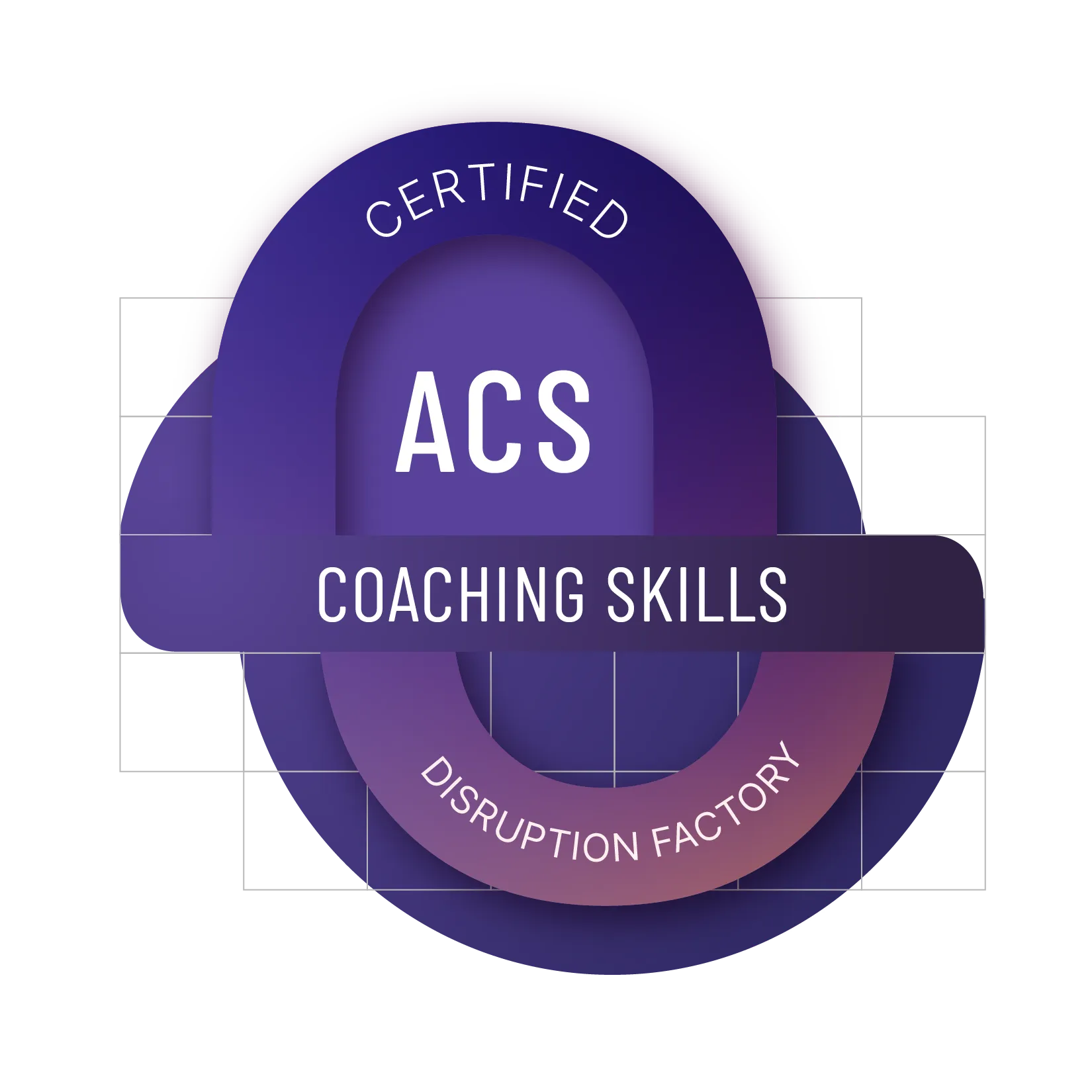
Certified Agile Coaching Skills (ACS)
The ultimate program for building, developing and certifying your Agile Coaching capabilities.
100% Online! The Certified Agile Coaching Skills (ACS) is the sole program of its kind that shows you how to learn and hone your professional coaching skills with a practical approach tailored to agile contexts. Facilitated by Dieter Varas and Diego Virgolini, professionals with extensive experience in driving Agility across various industries in Latin America.
Program
This iteration will be dedicated to learning what coaching is and what it is not. We will delve into its definition, the context for carrying it out, and also differentiate it from other related disciplines such as training, facilitation, mentoring, consulting, among others. We will also take a tour through a possible career development path in Agile Coaching that goes from being a Scrum Master and/or Team Facilitator to being an Enterprise Agile Coach. We will explore different scenarios and competencies necessary in each of them to traverse this path.
This iteration will be dedicated to language. You will learn about the interpretation of language from the Ontological Coaching perspective. We will differentiate observations (statements), declarations, and opinions (judgments). Additionally, we will identify the different uses we can make of language, such as descriptive or generative, how to use language effectively and what are the dangers of not being aware of language use. This will be the cornerstone for the rest of the program.
This iteration will be dedicated to practicing listening. The focus will be on learning about listening and being able to identify the interpretations that different individuals and/or teams can make of the same observation. You will be capable of differentiating hearing from listening. You will become aware of the different levels of listening that a coach can have and will practice techniques to bridge the gap that may exist in your listening. You will also incorporate a step-by-step technique to accompany individuals and teams to transit their inferences and reinterpret those situations they deem necessary to achieve new results.
This iteration is dedicated to learning about the vision we have from coaching about our clients' problems. You will be able to differentiate transparency from breakdowns. You will know the aspects behind what your clients call problems. You will understand why this concept is fundamental for coaching. You will also incorporate a new perspective that will allow you to inquire about it to discover a new world in which, in the future, we can take action.
In this iteration, we will review the most relevant aspects of the dynamics of action coordination in groups of people: requests, offers, commitment, and responsibility. By the end of it, you will be able to identify when a request and/or an offer is effective. You will also be able to challenge the level of commitment and responsibility demonstrated by individuals in work teams. After this module, you will be able to use a technique to awaken responsibility in individuals and avoid justifications and victimization.
During this iteration, you will be delving into the world of emotions and moods. You will be able to differentiate them and dissect the narrative behind each. You will become emotionally intelligent and competent, acquiring the necessary capabilities to carry out coaching interventions where emotions are not a problem. Moreover, you will make these encounters revealing moments from an emotional perspective.
Through the material and exercises of this iteration, you will incorporate the difference between knowledge and learning. You will also be able to identify self-sabotage patterns of individuals and/or teams facing the learning experience. You will complete this iteration understanding different areas where learning can or cannot manifest. And you will finish with the necessary knowledge to design an awareness activity for individuals and/or teams about these key competencies.
During this iteration, we will review the different types of conversations that can foster or hinder the achievement of objectives, continuous improvement, and self-organization. Upon completion, you will be able to identify what type of conversations are happening in the teams and organizations you belong to, and transform them if necessary.
This iteration will introduce you to the concepts of Presence and Trust to generate a significant coaching relationship with your clients. You will be able to identify what presence is and the degree of presence you are able to maintain in each relationship you form. You will see the key aspects that will make you be seen as a reliable and respected professional. You will complete this iteration knowing the competencies that the ICF (International Coaching Federation) considers key in the coaching profession. And you will finish with two concrete practices about presence and conscious listening.
In this iteration, you will see the concepts of power and empowerment. You will be able to identify actions that empower individuals and/or work teams, and actions that contribute to generating demotivating contexts. You will see the key aspects that will make you be seen as a powerful and empowering professional. And you will finish with concrete practices that will increase your power as a Coach.
This iteration is dedicated to learning about Team Coaching and the differences it has compared to Individual Coaching. We will identify what we will call a Real Team. You will be able to differentiate the stages a work team goes through in its development. You will also get to know some techniques or approaches for Team Coaching and the common pitfalls you may fall into unintentionally as a Team Coach.
In this iteration, you will become aware of the most common dysfunctions you may encounter in the teams you work with. You will also learn tools to accompany the teams to navigate through each of these dysfunctions, achieving cohesive and responsible teams focused on their results.
During this iteration, you will map everything learned to the world of agility and agile team coaching. You will be able to identify which type of team coaching intervention is more favorable in each Scrum event. You will become aware of the most important aspects from the coaching perspective in an agile team. You will also incorporate a powerful inquiry model to use in retrospective meetings. And you will put into practice team coaching to generate the necessary learning to impact and deliver value to the agile teams you work with.
This period of time will be mainly dedicated to preparing the Online Summit as a great team in order to share everything learned on this journey to an online public audience, putting into practice different concepts and experiences you have gone through.
In this iteration, you will have the opportunity to review the previous material again and dedicate time to delve into any aspect you still consider incomplete, you will carry out the last coaching conversations and pending activities to face the final stage of the program.
This is the last instance of the program where your new skills and competencies acquired will be challenged in order to demonstrate that you have become a competent coach and will be able to generate the expected impact in real work environments.
What Will You Learn?
You will delve into what your clients call "problems" and will have a perspective that will allow you to inquire and take action accordingly.
You'll be able to hold meaningful conversations with your clients and those around you, having a positive impact on their professional and personal lives.
You'll be able to carry out coaching interventions that are impactful for your clients' growth.
You will be able to identify and navigate at the intersection of team coaching and agility, aiding agile teams in developing their self-organization and accountability capabilities.
What is it about?
For some years now, especially with the arrival of agility, organizations have been deciding to make changes in their work dynamics. Emotions, relationships, and collaboration have come to take precedence in work settings with the aim of seeking different and better results than what they had been obtaining.
This change began primarily in the software development areas, but due to the digitization of businesses and the need for organizations to adapt and learn quickly, it extended to reach all areas of the organization.
In this context, it's necessary for the people who accompany and drive these changes to generate an environment in which the principles and benefits of agility are present. Due to this, the discipline of agile coaching has gained great relevance to accompany these changes with purpose.
This program is much more than a traditional course. It's a process of learning and personal transformation that will allow you to perform in a new way your professional practice in real contexts. You will learn skills and tools of professional coaching to accompany individuals and face the most common challenge that organizations have: interpersonal relationships!.
It is not a course, it is a process of personal learning and development of professional practice.
Overview
A learning Path
200 hours of blended learning of live sessions and asynchronous activities.
Hands-on learning
Exercises, lab practices, webinar facilitations, Coaching interventions, and a final Online Summit experience.
Educational Platform
A learning space with educational material and tracking of your progress.
Digital Book
The book Professional Agile Coach (in Spanish) by Martin Alaimo.
Certification Exam
Upon successful completion of the program, you gain access to the innovative Agile Coaching Skills exam by Disruption Factory, the only international entity that evaluates real-world situational competency in Agile Coaching.
Miles and SEUs
42 miles redeemable for discounts on other Alaimo Labs live programs + SEUs for accreditation with Scrum Alliance.
Attendance
75% attendance in at least 75% of the online meetings.
Course Recording
Long-term access to the course recordings to review your classes.
About the Instructors
Diego Virgolini
Diego has over +15 years of experience leading teams and +5 years as an independent consultant supporting C-levels, Managers, Leaders, and Teams in organizations such as Naranja X, Banco Galicia, Telecom, Claro, La Segunda, Coelsa, Red Link, Geopagos, Banco Comafi, Omint, Digital House, Ualá, Plus, Traditum, and Konecta among others.
Trainer in Agile Coaching & Mentoring, Agile Leadership, Agile Mindset, Lean Philosophy, and Facilitation, among others, in the Diploma in Strategy and Executive Management at the Faculty of Economic Sciences of the National University of Córdoba (Argentina), at Alaimo Labs, Kinetic, Mundos E, Human Institute, and OKR University.
Frequent speaker on topics related to Agility, OKRs, and leadership at conferences such as Ágiles Latinoamérica, Agile Trends, Ágiles Colombia, OKR Week, Scrum Day Panama, Scrum Latam Community, Play4Agile Latam, Agile Coaching Retreat, Agile 20 Reflect, Atlassian Day, and more.
Dieter Varas
Dieter Varas has more than 10 years of experience in creating products, digital services and leading multidisciplinary teams under different frameworks for industries such as: banking, insurance companies, ministries, retail, chemicals and public security institutions.
His Agile Coach and Mentor activities are complemented by his experience in teaching and supporting agile evolution processes inside and outside the software industry.
An active participant in the agile and developer community in Chile, he has participated as a speaker at national and international events such as Socrates, Agile in Chile and Kanban Day. He is currently an Agile Coach in LATAM.
Upon Successfully Completing this 100% hands-on Program
You will know in detail what coaching is and how it differs from other related disciplines such as training, mentoring, and facilitation among others, which will allow you to recognize which is the most suitable approach to accompany your clients.
You will be able to identify in people different uses of language, ways of communicating and how these condition their outcomes. Additionally, you will have skills and tools to accompany them in finding new ways and results.
You will be aware of the different levels of listening and will practice techniques to reduce any gap that may exist in your ability to listen.
You will be aware of the most relevant aspects of the dynamics of action coordination and will be able to use varied techniques to drive responsibility and avoid justifications and victimization.
You will be an intelligent and competent person in emotional matters with the necessary abilities to be able to accompany individuals and teams in constructively navigating their emotions. Moreover, you will make these moments, revealing instances from an emotional point of view.
You will be able to identify self-sabotage patterns of individuals and teams facing the learning experience.
You will have awareness about the key aspects that will make you be seen as a reliable and respected professional.
You will identify actions that empower individuals and work teams, and will differentiate them from others that contribute to generating demotivating contexts.
We've worked with organizations like...

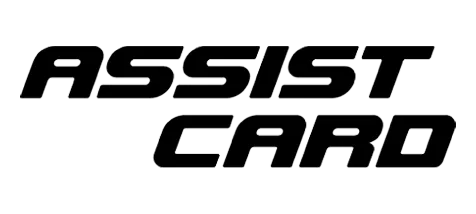
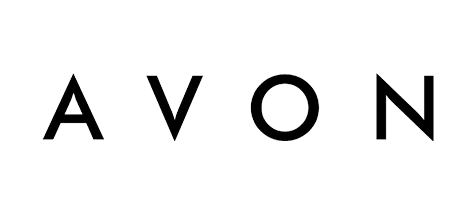
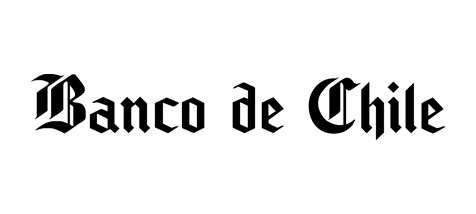
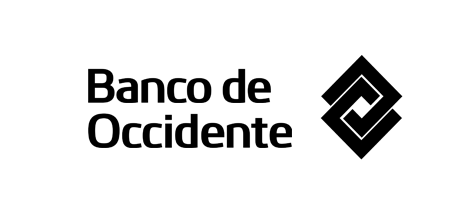
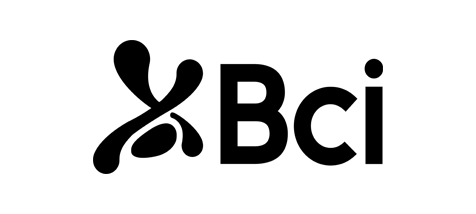
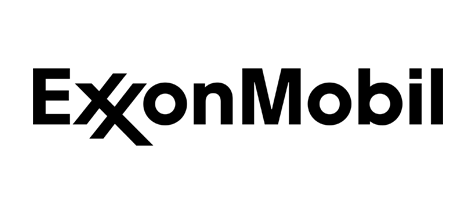

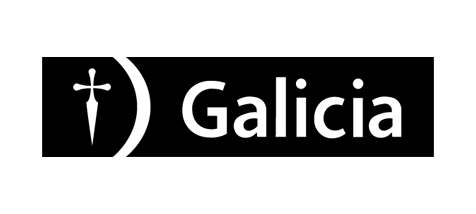
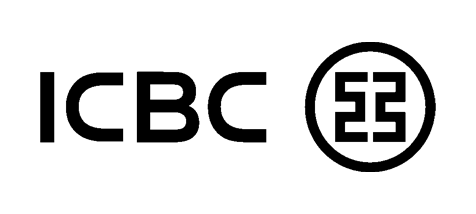
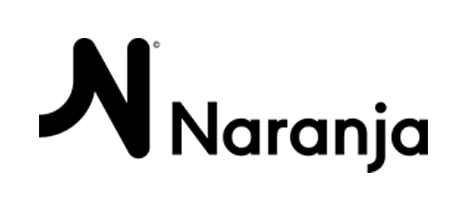
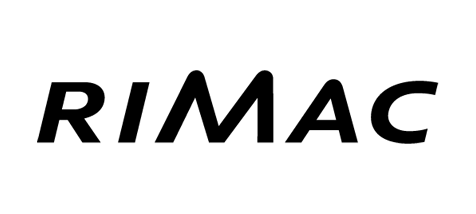
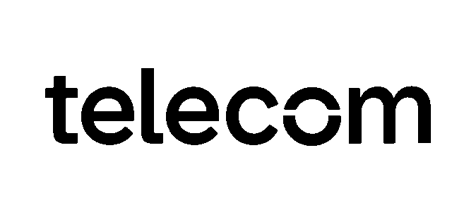
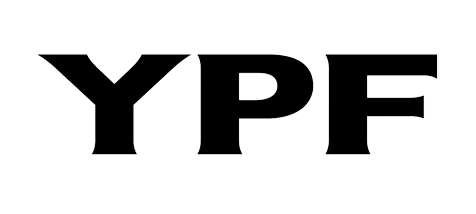
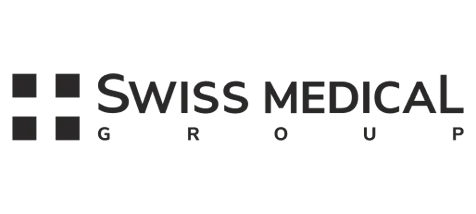
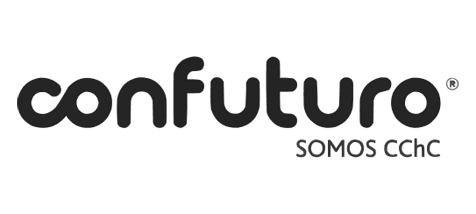
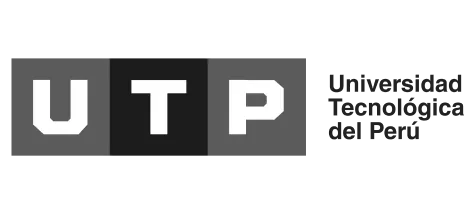
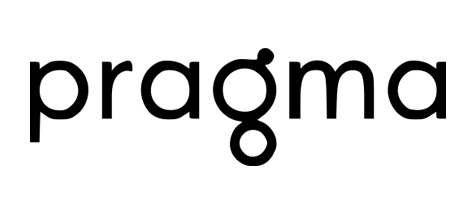
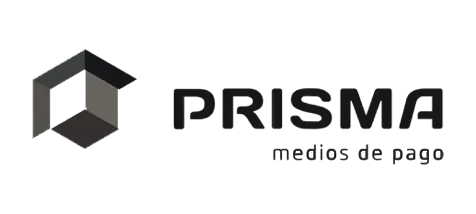
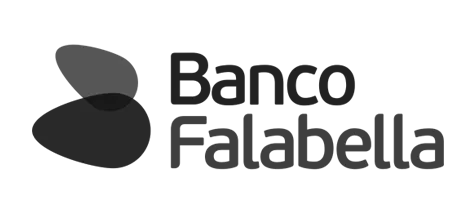

FAQs
If you are looking to learn agility, we do not recommend this course. Contact us at hola@alaimolabs.com and we can advise you on this.
The Certified Agile Coaching Skills (ACS) addresses coaching primarily from an ontological point of view, and complements it with other approaches and models, for example that of the ICF (International Coaching Federation), the GROW model, team coaching model among others and presents you with a scheme of application to teams and individuals in agile contexts.

Looking for a different date?
Join the Waitlist Now
While you wait for a new date to be published, get our news and updates.
